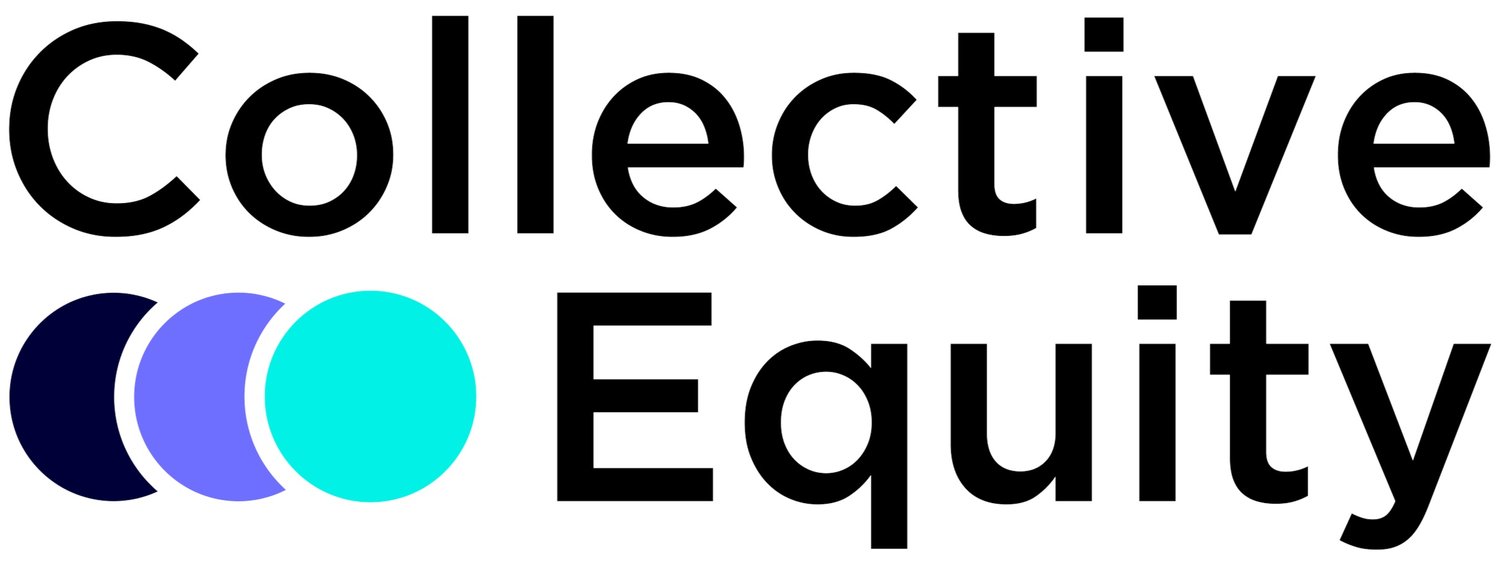Collective Equity, the startup providing innovative liquidity funds for founders, today announced the launch of its second pooled equity fund. Nineteen founders from 12 UK based, high growth scaleups (with a combined equity value north of £1 billion) have pooled £36 million of equity from the businesses they founded.
A prestigious, global private bank has backed the fund with a £10 million loan. This has been distributed to the founders based on their equity contribution, providing each of the 19 founders (Limited Partners in the fund) with an immediate cash injection.
The equity pooled into this second Collective Equity fund is from companies that have all received a recent investment from VCs or institutional investors. The companies have been trading for an average of eight years and represent a range of sectors including healthcare, fintech, sustainability and regulatory technology.
In addition to the initial cash boost, when one or more of the Limited Partners (LPs) has a liquidity event, such as an IPO or acquisition, each LP receives a share of the proceeds. This gives founders diversification of their investment portfolio.
Paul Ford, Founder and CEO at Acin and LP at Collective Equity comments "I participated in the Collective Equity fund because it provided a balance of investment diversification, a financial interest in similar stage businesses, and access to a network of like-minded entrepreneurs each with a vested interest in each other's success. It’s what I would be looking for post-exit but was available pre-exit through Collective Equity.”
Founders pool £36 million of equity into second Collective Equity Fund with £10 million cashback
Private bank backs £36 million pooled equity fund, providing founders £10 million instant liquidity
19 entrepreneurs from 12 fast growth companies pooled up to 15% of their equity
Liquidity matters as startups stay private for longer
Bain & Company’s 2024 report on private equity revealed a 44% drop in the exit value of private companies globally to $345 billion. The report stated that the value of unexited companies has tripled in the last three years to $3.2 trillion, presenting a critical challenge for exits. Lack of liquidity for startups and scaleups is becoming a crisis. According to Beauhurst, 20.4k equity-backed companies are active but haven’t had an exit. Collective Equity believes its funds provide a critical alternative for founders that lifts the lid a little on the pressure pot of private equity.
Mike Royston, Brian Pallas & Tristan Schnegg, Founding Partners at Collective Equity
Mike Royston, Founding Partner commented: “Founders take enormous risks to build category-defining businesses. Collective Equity alleviates financial burdens by providing founders with much-needed liquidity. Converting equity into cash can be a game-changer, especially for those with tied-up wealth in illiquid assets. Securing a secondary deal that rewards the founder fairly is rare and the road to an IPO or an exit is long and paved with potholes.
Tristan Schnegg, Founding Partner adds: Founders generally don’t want to take significant cash from the business too early, usually just enough until the appropriate time to exit arrives. With a standard secondary sale, between taxes, discounts and immediate consumption, by the time they’re ready to reinvest the proceeds, they are often left with a fraction of the original value of their shares. Our aim is to give founders 100% of the value of their shares, invested in other successful similar stage companies, plus 15% cash on-top, all while retaining full control.
Brian Pallas, Founding Partner comments: “From a lenders perspective, we have been impressed by the strong appetite they have for our structure, since we are able to pay rates similar to NAV lending or venture debt, while our structure entails far lower risk. Beyond the private bank that backed us with a £10 million loan, we are currently negotiating with several other well-known lenders to back our future funds. We have no doubt this traction will enable us to expand our innovative structure on a global basis very soon.”



